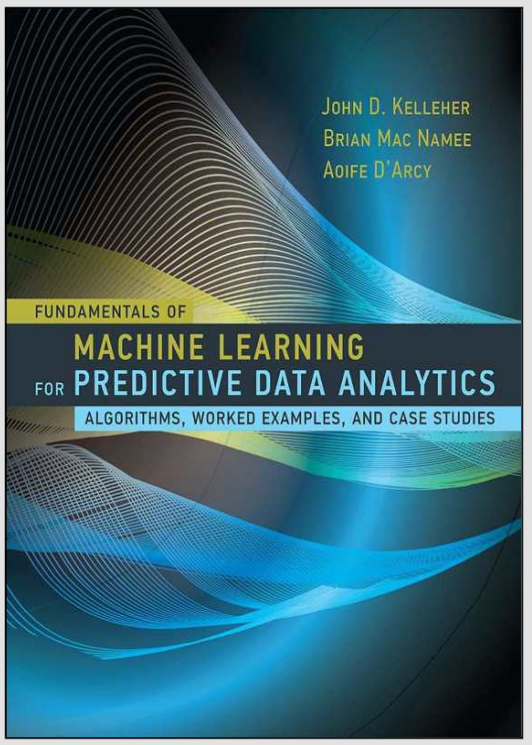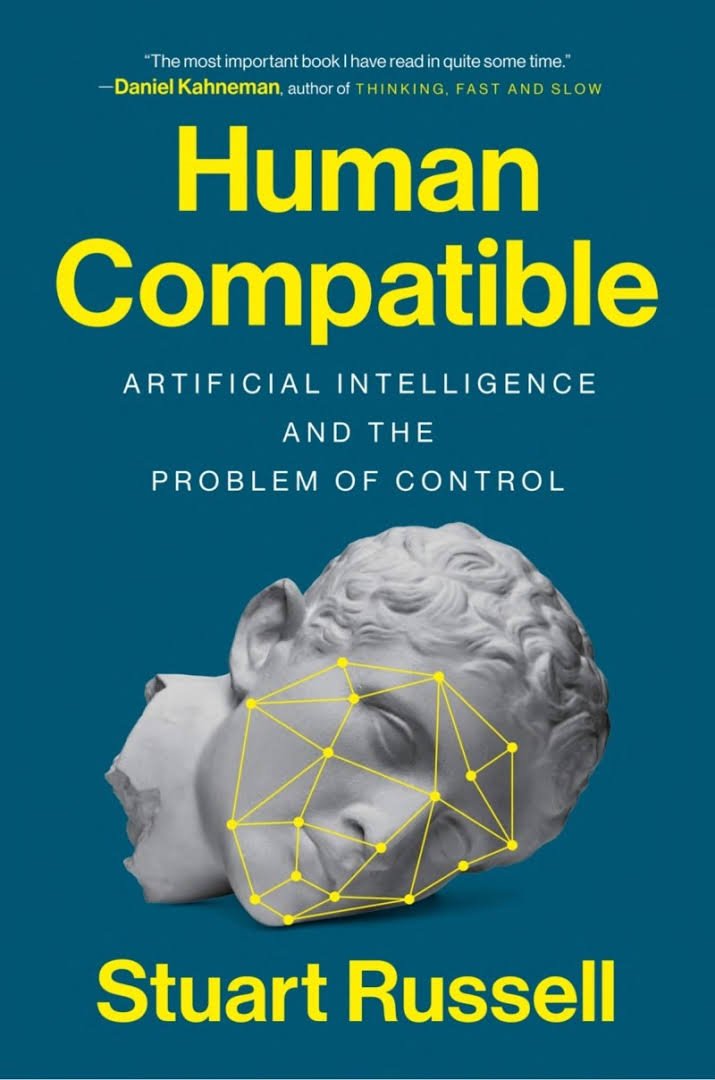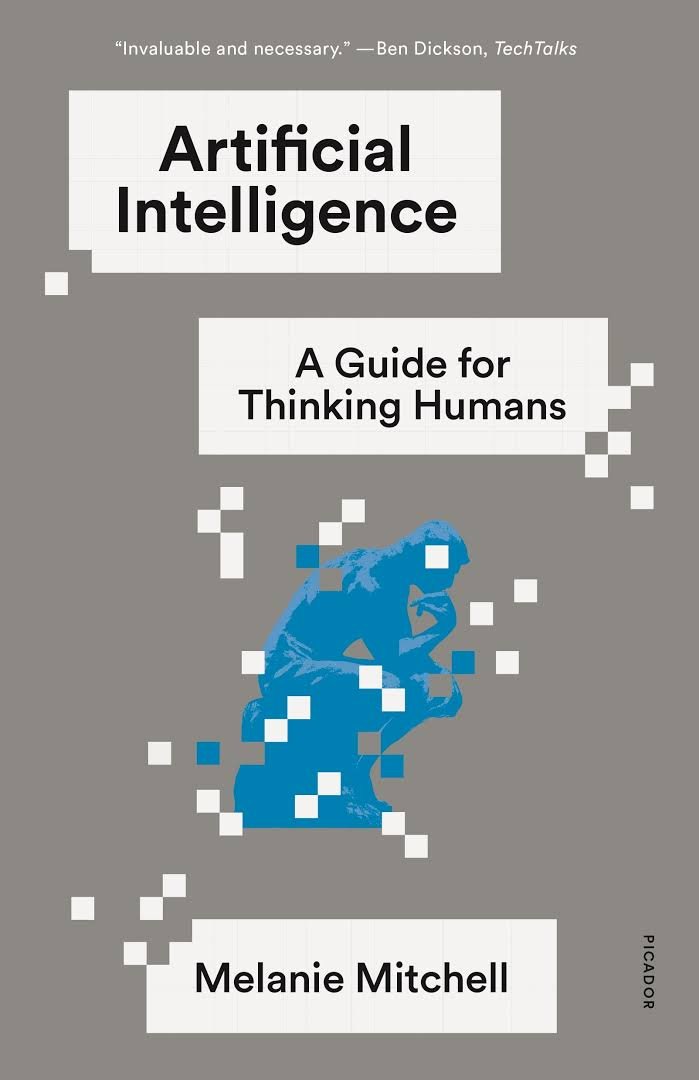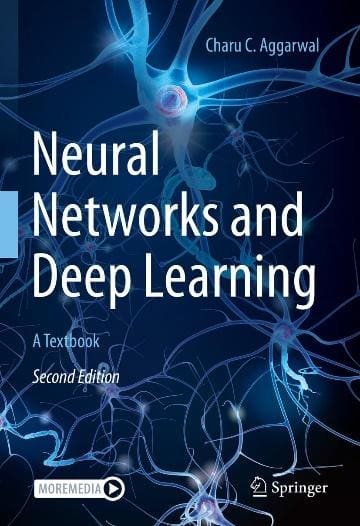
Fundamentals of Machine Learning for Predictive Data Analytics: Algorithms, Worked Examples, and Case Studies
Private Book Reader
Upload and read your personal PDF books in our secure reader
Read Your Private BookShort Audio Book Summary
Fundamentals of Machine Learning for Predictive Data Analytics: Algorithms, Worked Examples, and Case Studies Summary
0:00 / 0:00Reviews
No review yet. Be the first to review this book!
Description
"Fundamentals of Machine Learning for Predictive Data Analytics: Algorithms, Worked Examples, and Case Studies" is a book written by John D. Kelleher and Brian Mac Namee, first published in 2015. This book serves as an introductory guide to machine learning techniques, focusing on their application in predictive data analytics. Key features and topics covered in "Fundamentals of Machine Learning for Predictive Data Analytics" include: 1. **Introduction to Machine Learning**: The book provides a comprehensive introduction to the field of machine learning, covering basic concepts, terminology, and methodologies. It explains the difference between supervised, unsupervised, and reinforcement learning, as well as common tasks such as classification, regression, clustering, and anomaly detection. 2. **Algorithms and Techniques**: "Fundamentals of Machine Learning" explores a wide range of machine learning algorithms and techniques, including decision trees, ensemble methods (such as random forests and gradient boosting), support vector machines, k-nearest neighbors, neural networks, and clustering algorithms (such as k-means and hierarchical clustering). 3. **Worked Examples and Case Studies**: The book includes numerous worked examples and case studies that illustrate how machine learning algorithms can be applied to real-world problems. These examples cover a variety of domains, including healthcare, finance, marketing, and social media analysis. They demonstrate how to preprocess data, select appropriate algorithms, train models, evaluate performance, and interpret results. 4. **Practical Implementation**: "Fundamentals of Machine Learning" provides practical guidance on implementing machine learning solutions, including data preprocessing, feature selection, model evaluation, and performance optimization. It discusses best practices and common pitfalls in machine learning projects, as well as considerations for scalability, interpretability, and reproducibility. 5. **Hands-On Exercises**: The book includes hands-on exercises and programming assignments that allow readers to apply machine learning algorithms using popular programming languages and libraries such as Python and scikit-learn. These exercises help reinforce concepts and develop practical skills in data analysis and predictive modeling. 6. **Ethical and Social Implications**: "Fundamentals of Machine Learning" addresses ethical and social implications of machine learning, such as privacy concerns, bias and fairness issues, and the responsible use of AI technologies. It discusses ethical guidelines and regulations governing data privacy and algorithmic decision-making, emphasizing the importance of ethical considerations in machine learning research and practice. Overall, "Fundamentals of Machine Learning for Predictive Data Analytics" is a comprehensive and practical guide to machine learning techniques, suitable for students, practitioners, and anyone interested in learning about the principles and applications of predictive data analytics. It provides a solid foundation in machine learning fundamentals and offers valuable insights into the process of building and evaluating predictive models for real-world applications.




















.jpg)
.jpeg)



.jpg)

.jpeg)











.jpg)



.jpeg)





.jpeg)




.jpg)







.jpg)





.jpg)
.jpeg)











.jpg)

.png)





































